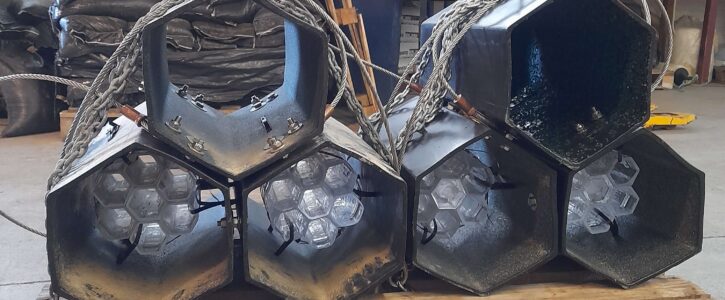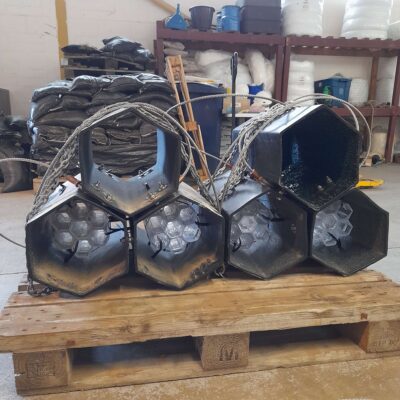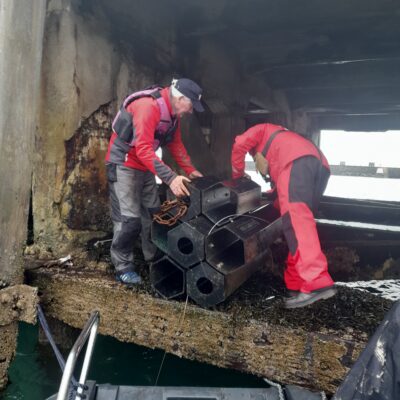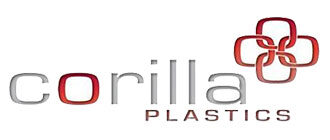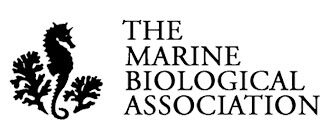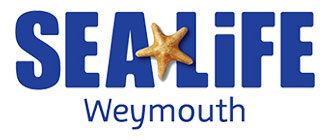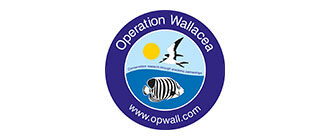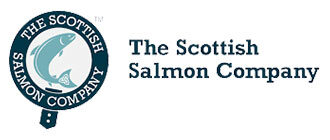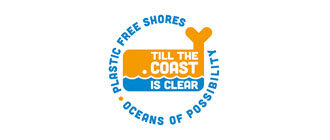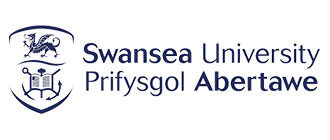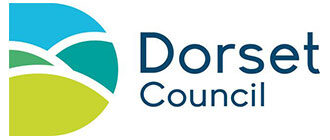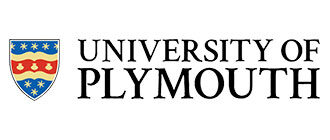A partnership between Dorset Council, SEA LIFE Weymouth and Sea Hives Ltd has successfully installed four Sea Hives underwater in Weymouth Harbour, suspended from the Pleasure Pier.
Sea Hives are durable ‘reef like’ structures designed to resemble the marine environment and encourage the natural behaviour of fish and other marine life. It is hoped they will establish new ecosystems in the harbour and, in the longer term, support Weymouth’s fishing industry.
Made from recycled fishing nets and plastic bottles, the Sea Hives are moulded to make hexagonal tubes. Then they nest together, secured by stainless steel fasteners to create robust structures that have been suspended from the underside of the pier, providing a range of habitats for marine life. Think of them as “underwater beehives” for marine life.
A team of specialists from Weymouth Harbour, SEA LIFE Weymouth and Sea Hives Ltd completed the installation in April and will monitor the new ecosystem’s development over the coming months and years. It is hoped that one day the Sea Hives will be accessible by snorkel and be seen through a small viewing platform on the Pleasure Pier.
Cllr Mark Roberts, Chair of Dorset Council’s Harbour Committee, said:
“We’re really looking forward to observing how the ecology of the Sea Hives develops, and the broader benefits that they may bring to Weymouth Harbour. They provide a tangible example of the ‘reduce, reuse, recycle’ message and we’re proud to be part of this exciting project.
These Sea Hives project has been jointly funded through a National Lottery Community Fund grant of £3790 awarded to Dorset Council’s Weymouth Harbour team and £2000 from SEA LIFE Weymouth. Weymouth Town Council also contributed £2000 towards new benches and information boards on the Pleasure Pier which will use artwork created by year five students from Conifers Primary School.
David Francis of Sea Hives Ltd, said:
“The Weymouth Pleasure Pier is an ideal location for suspended Sea Hives, providing both a stable environment and a good supply of nutrient rich water from Weymouth Bay. These factors are vital for marine life seeking protection in the shelters, as well as the important filter feeding animals that settle onto their surface and pioneer the development of new ecosystems.
“The plan is to capture images of marine life as it starts to colonise and occupy the Sea Hives and share these with the local community and schools to demonstrate how the project is benefitting the local environment.”
Karen Richmond, Assistant Curator from SEA LIFE Weymouth said:
“We are excited to be a part of a new innovative conservation project, that shares our ethics for recycling and reusing plastic waste to create much-needed homes for our native coastal wildlife. We plan to continue to visit the area, surveying the life that’s already there and we are excited to see how much more life the Sea Hives bring to this area and share this with our guests.”
SEA LIFE Weymouth also has a dedicated display on park for the project located in its Harbourside area, which includes information explaining more about the Sea Hive project.

